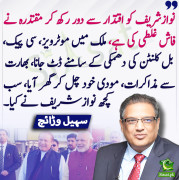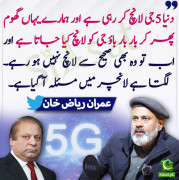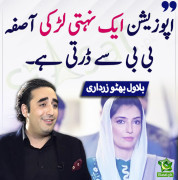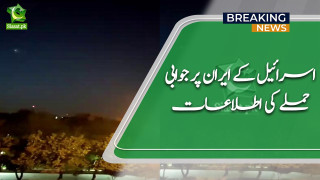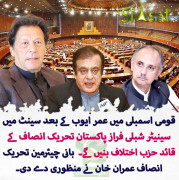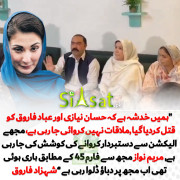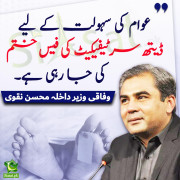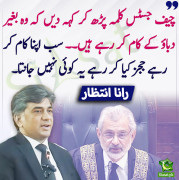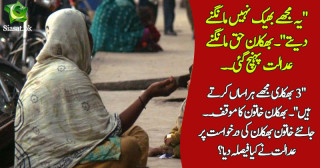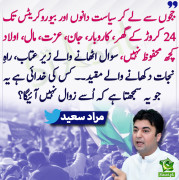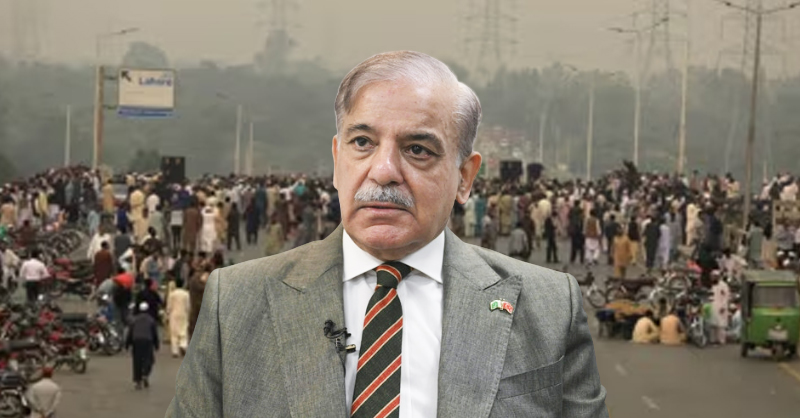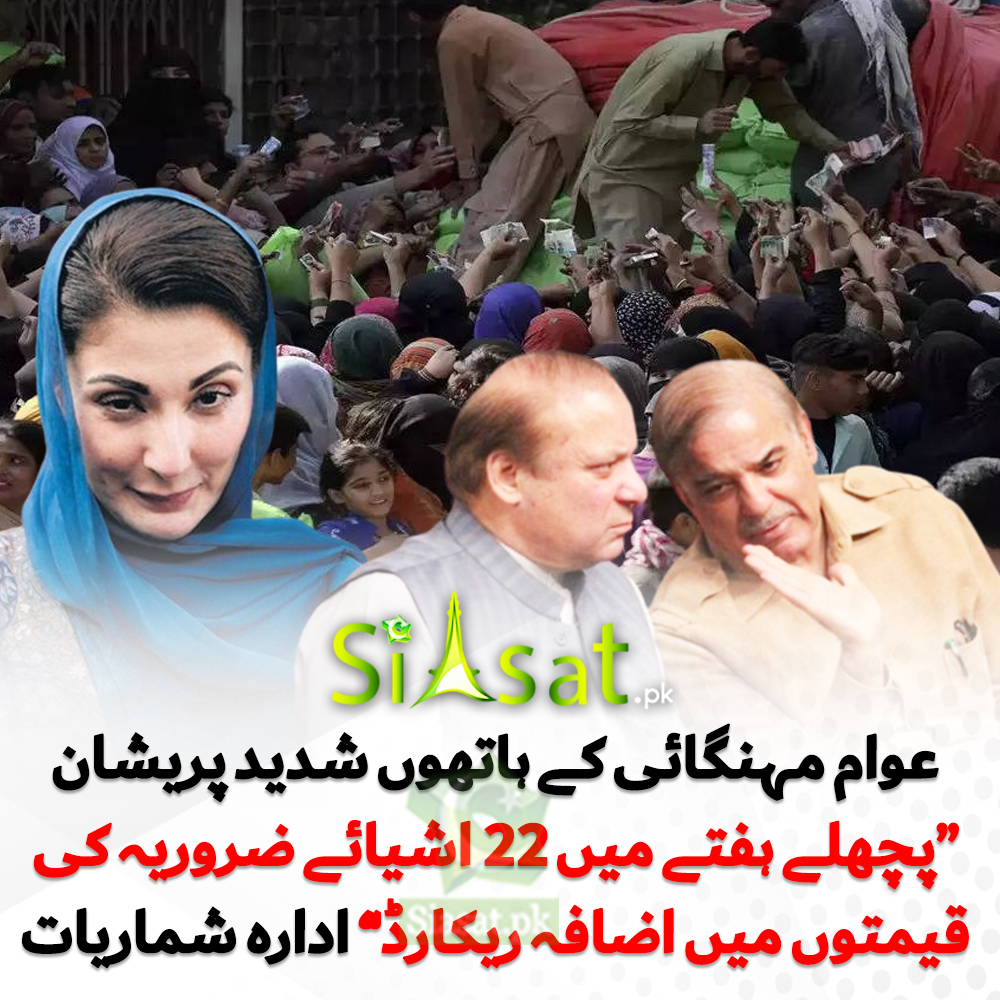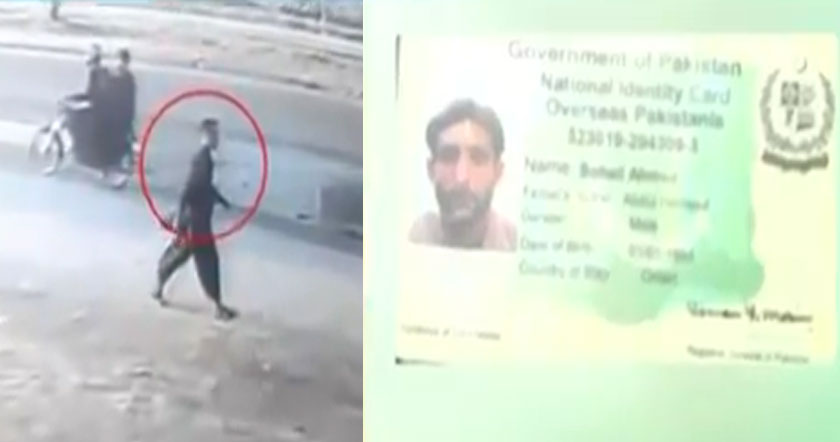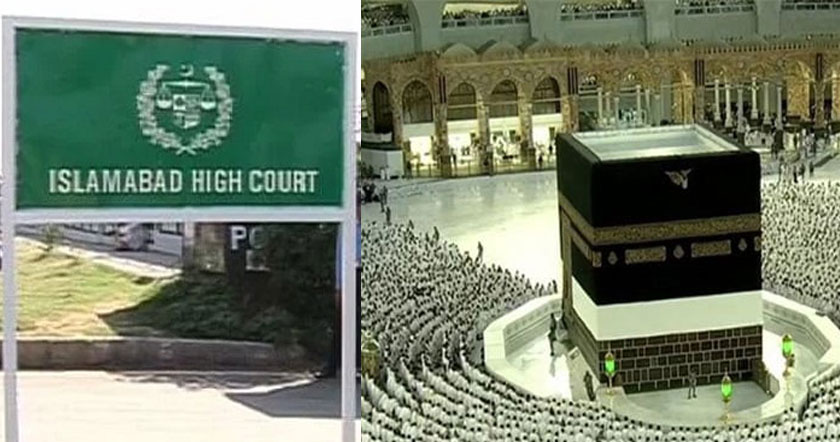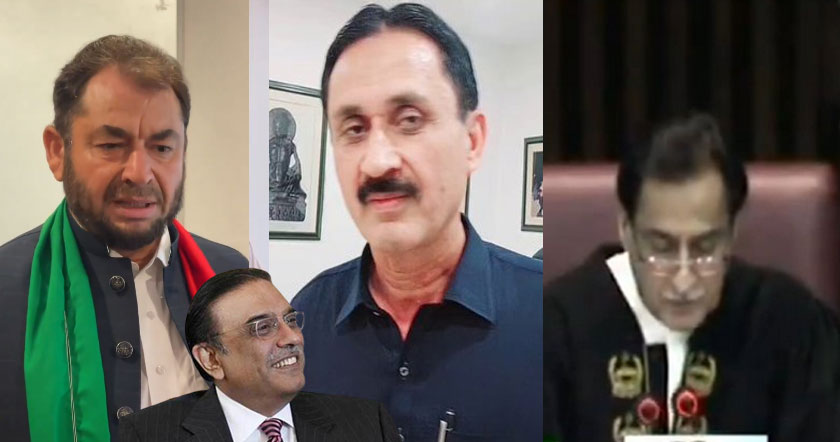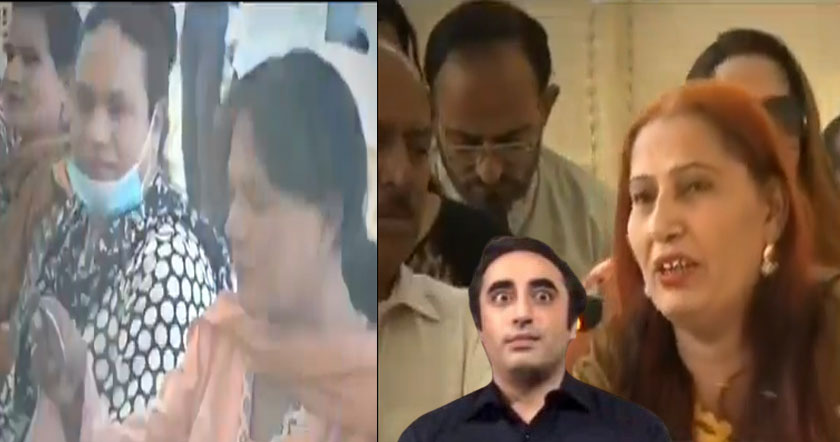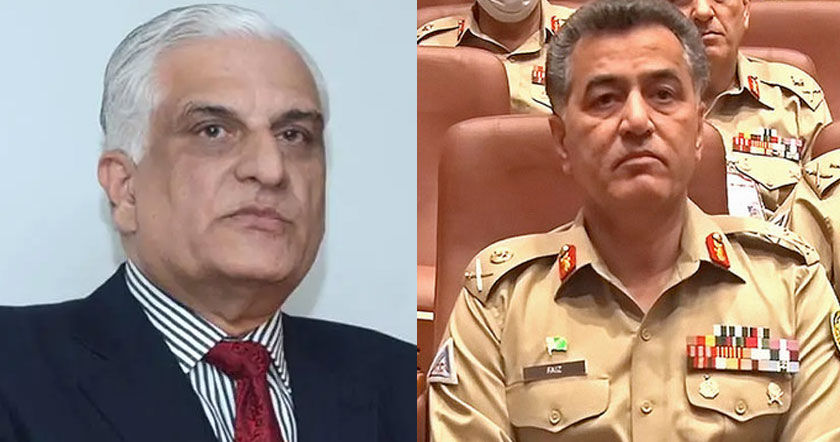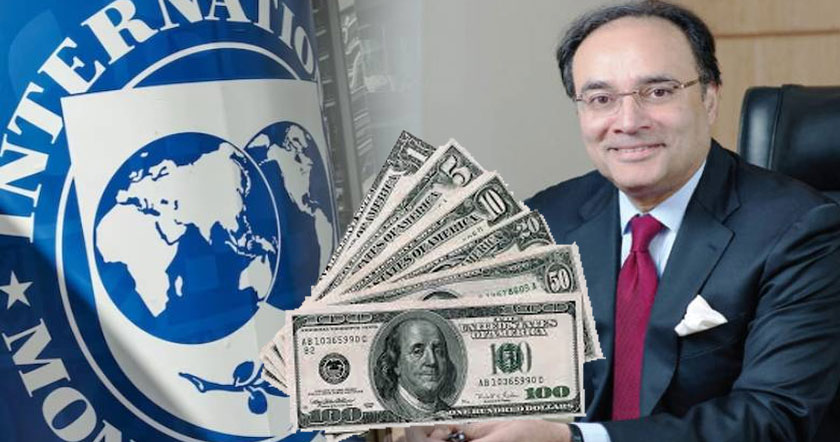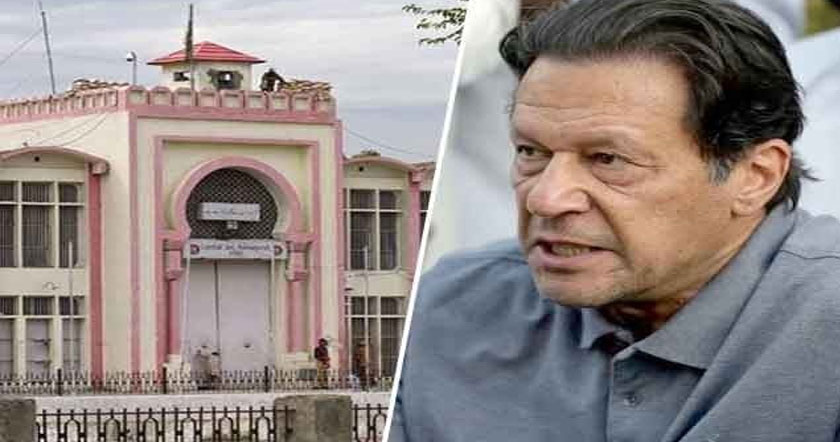A
arshad_lahore
Guest
Side-effect
A new beginning?
Friday, June 12, 2009
Harris Khalique
A brilliant speech, undoubtedly. I find it comparable to my favourites like 'The Tryst with Destiny,' by Jawaharlal Nehru, a speech delivered in the first independent Indian parliament in 1947 and the famous 'I have a Dream' speech by Martin Luther King Junior. US President Barack Obama's 'A New Beginning', the speech he made on June 4 in Cairo, Egypt, addressing the Muslims around the world reflected a genuine desire to mend fences with those severely affected, and as a result deeply hurt, antagonised and revengeful, due to US policies over the past many decades. It was also a pledge to the Muslims that an era of cooperation and coexistence was not only possible but his country would take lead in creating an atmosphere of trust and goodwill if Muslim societies resolved to reciprocate.
Obama paid rich tributes to Muslim civilisation and culture and mentioned the great contribution made to collective human achievement by medieval academies in places like Cairo and Cordoba and the development of Algebra, the tools of navigation, pens and printing, poetry and music, calligraphy and architecture, etc. He quoted from the Quran and convinced his audience how killing innocent people was totally prohibited and how people were taught to live in peace with others belonging to different faiths and culture. He acknowledged that the mistrust between America and Muslims would not dissipate overnight or by making one speech like his but a rigorous effort in the right direction was to be made by both sides. Obama called to attention the existence of seven million Muslims in the US and the religious freedom they enjoyed. He highlighted and discussed seven issues of mutual importance for the US and Muslims alike and presented the contributions the US would make in these areas. He also listed his expectations from Muslim countries in order to make the relationship work. The issues were violent extremism, the Israel-Palestine conflict, nuclear proliferation with special mention of Iran, democracy, religious freedom, women's rights and finally, economic development and opportunity. While the rest of the speech was near-perfect, the issues of Israel-Palestine conflict and US support to democracy in Muslim-majority states stayed where they were before June 4, 2009.
No real difference was cited in the US approach towards the Israel-Palestine conflict. Even while supporting the Palestinian state and putting an end to more settlements in Palestinian areas like some of his predecessors, the basic view of the issue between the US and Muslim world continues to remain at odds. The genesis of the Jewish state is traced in the distant history and belief of a people, who were undoubtedly persecuted and killed for centuries, although mostly by Europeans. The last two independent Jewish states existed in the land of Israel from 1350 to 586 BC and from 140 to 37 BC. The difference between 37 BC and AD 1948 is about 2000 years. There is no question of rationality or contemporariness considered here. Palestinians, who were ousted from their homes with an estimated seven million still living as refugees around the world and those who are left behind are brutally oppressed and humiliated, are asked to forget 1948 and understand the contemporary reality. A fair and more reasonable dialogue is needed if the Americans are serious about Palestine.
President Obama also expressed his unyielding belief that people universally yearn for free speech, justice, transparency and the freedoms to choose how they are governed and to live as they like. Now that's ironic. The country he made his speech from is ruled by an autocrat for 28 years, who is a successor of another autocrat, both supported by the US. All major rulers of most Muslim countries are oppressive dictators or monarchs. Look at Saudi Arabia, Jordan and the UAE. In case of Pakistan and Turkey, it's the military that the US negotiates with. Global US interests make it prefer autocracy and suppression of human freedoms over true democracy and civil rights in the Muslim world. Only a change here can mark a new beginning.
The writer is an Islamabad-based poet and rights campaigner.
A new beginning?
Friday, June 12, 2009
Harris Khalique
A brilliant speech, undoubtedly. I find it comparable to my favourites like 'The Tryst with Destiny,' by Jawaharlal Nehru, a speech delivered in the first independent Indian parliament in 1947 and the famous 'I have a Dream' speech by Martin Luther King Junior. US President Barack Obama's 'A New Beginning', the speech he made on June 4 in Cairo, Egypt, addressing the Muslims around the world reflected a genuine desire to mend fences with those severely affected, and as a result deeply hurt, antagonised and revengeful, due to US policies over the past many decades. It was also a pledge to the Muslims that an era of cooperation and coexistence was not only possible but his country would take lead in creating an atmosphere of trust and goodwill if Muslim societies resolved to reciprocate.
Obama paid rich tributes to Muslim civilisation and culture and mentioned the great contribution made to collective human achievement by medieval academies in places like Cairo and Cordoba and the development of Algebra, the tools of navigation, pens and printing, poetry and music, calligraphy and architecture, etc. He quoted from the Quran and convinced his audience how killing innocent people was totally prohibited and how people were taught to live in peace with others belonging to different faiths and culture. He acknowledged that the mistrust between America and Muslims would not dissipate overnight or by making one speech like his but a rigorous effort in the right direction was to be made by both sides. Obama called to attention the existence of seven million Muslims in the US and the religious freedom they enjoyed. He highlighted and discussed seven issues of mutual importance for the US and Muslims alike and presented the contributions the US would make in these areas. He also listed his expectations from Muslim countries in order to make the relationship work. The issues were violent extremism, the Israel-Palestine conflict, nuclear proliferation with special mention of Iran, democracy, religious freedom, women's rights and finally, economic development and opportunity. While the rest of the speech was near-perfect, the issues of Israel-Palestine conflict and US support to democracy in Muslim-majority states stayed where they were before June 4, 2009.
No real difference was cited in the US approach towards the Israel-Palestine conflict. Even while supporting the Palestinian state and putting an end to more settlements in Palestinian areas like some of his predecessors, the basic view of the issue between the US and Muslim world continues to remain at odds. The genesis of the Jewish state is traced in the distant history and belief of a people, who were undoubtedly persecuted and killed for centuries, although mostly by Europeans. The last two independent Jewish states existed in the land of Israel from 1350 to 586 BC and from 140 to 37 BC. The difference between 37 BC and AD 1948 is about 2000 years. There is no question of rationality or contemporariness considered here. Palestinians, who were ousted from their homes with an estimated seven million still living as refugees around the world and those who are left behind are brutally oppressed and humiliated, are asked to forget 1948 and understand the contemporary reality. A fair and more reasonable dialogue is needed if the Americans are serious about Palestine.
President Obama also expressed his unyielding belief that people universally yearn for free speech, justice, transparency and the freedoms to choose how they are governed and to live as they like. Now that's ironic. The country he made his speech from is ruled by an autocrat for 28 years, who is a successor of another autocrat, both supported by the US. All major rulers of most Muslim countries are oppressive dictators or monarchs. Look at Saudi Arabia, Jordan and the UAE. In case of Pakistan and Turkey, it's the military that the US negotiates with. Global US interests make it prefer autocracy and suppression of human freedoms over true democracy and civil rights in the Muslim world. Only a change here can mark a new beginning.
The writer is an Islamabad-based poet and rights campaigner.


